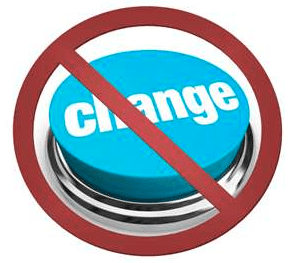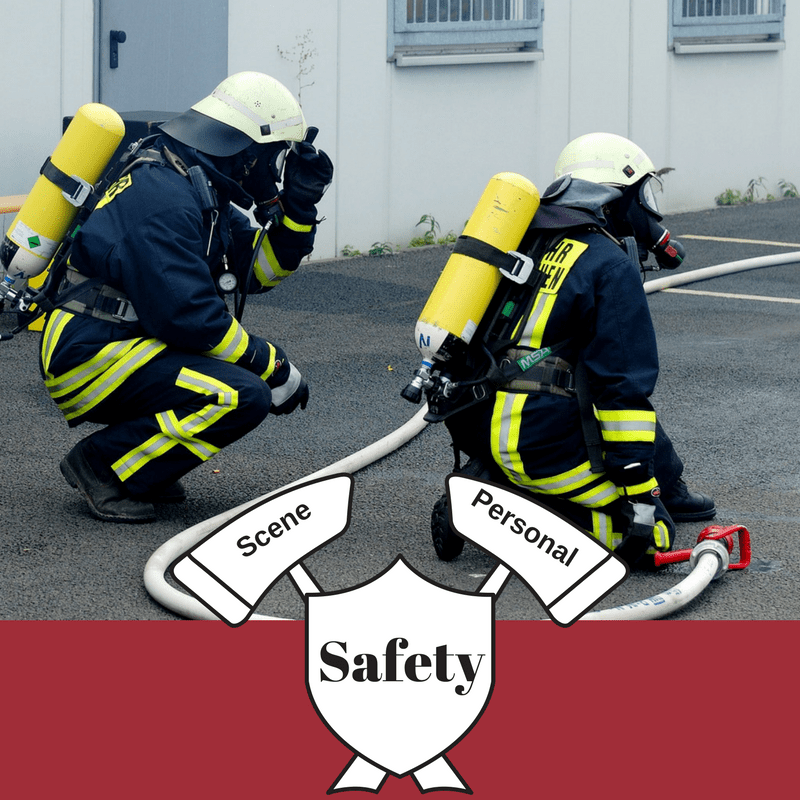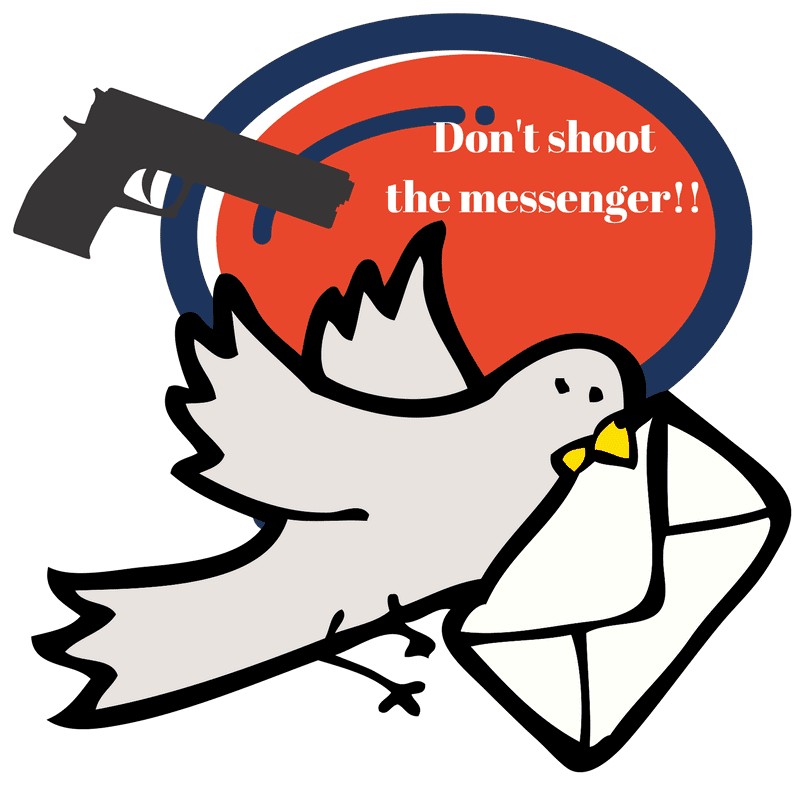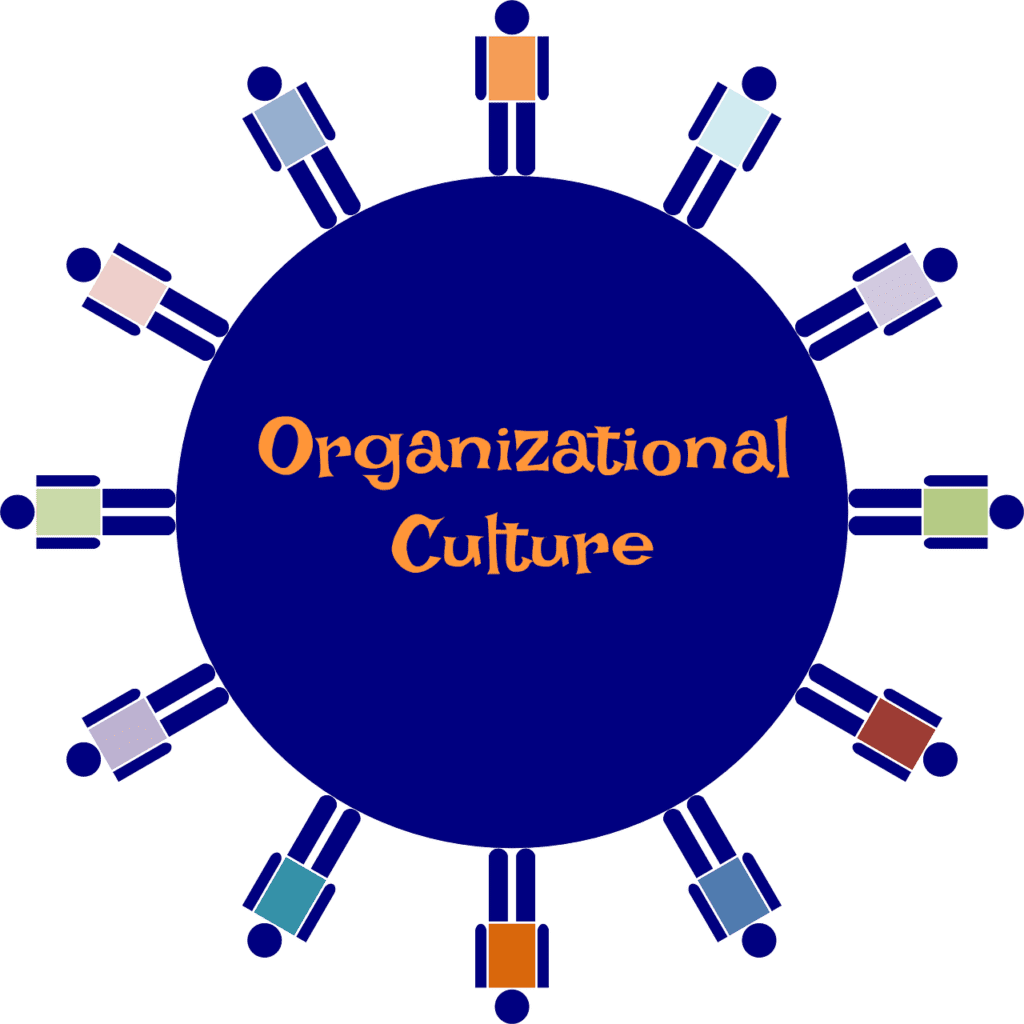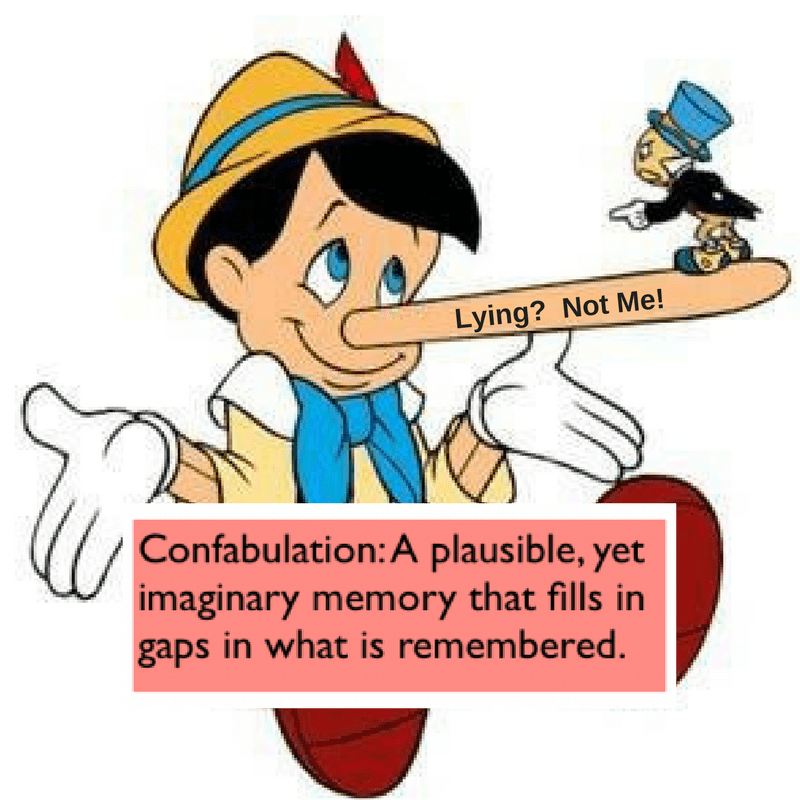Flawed Expectations of Personnel Can Impact Situational Awareness
You develop situational awareness by using your senses to capture information (Level 1 situational awareness). Those clues and cues are then processed into understanding (Level 2 situational awareness). Once you understand what is happening, you can then make predictions of future events (Level 3 situational awareness). This article focuses on the third level of situational […]
Flawed Expectations of Personnel Can Impact Situational Awareness Read More »






